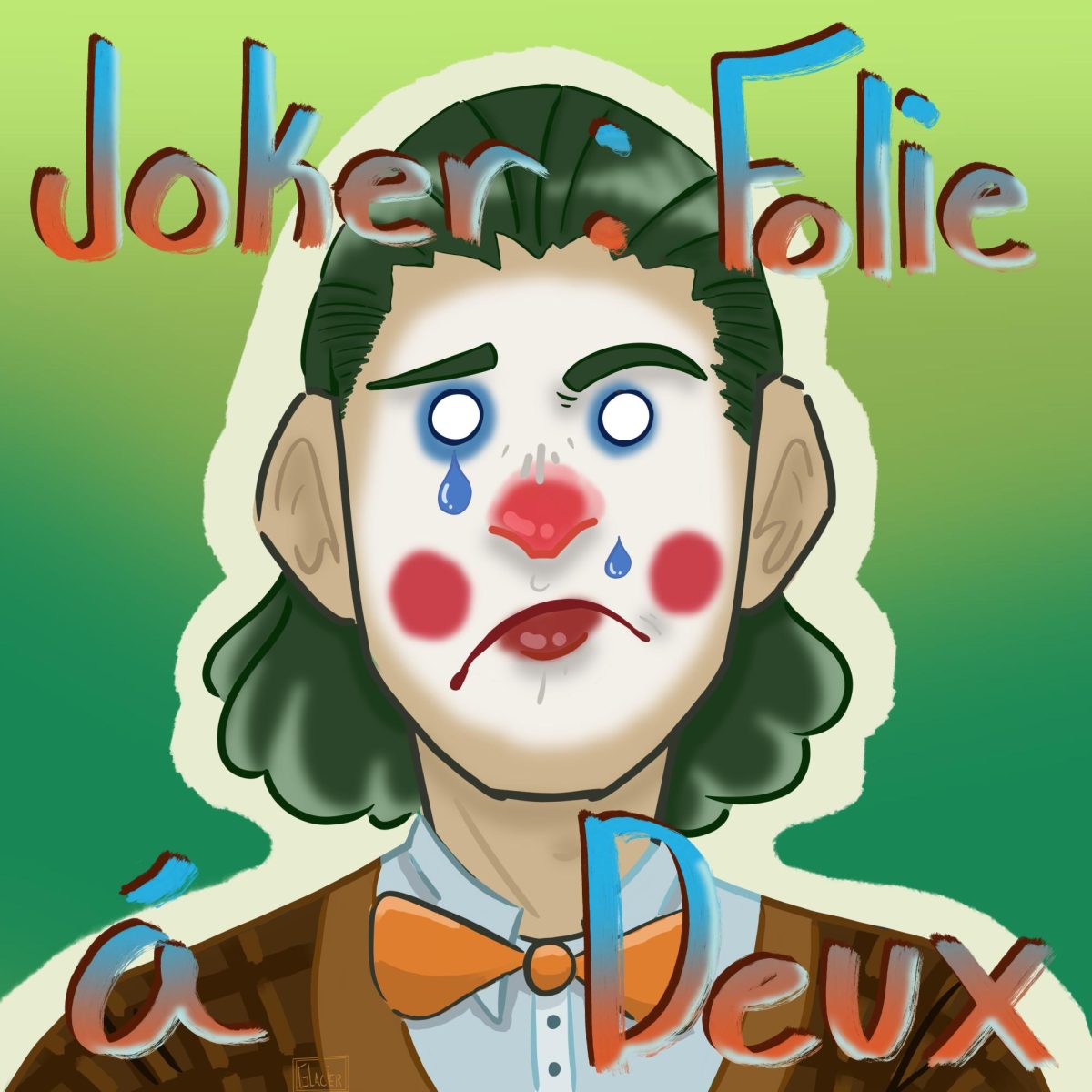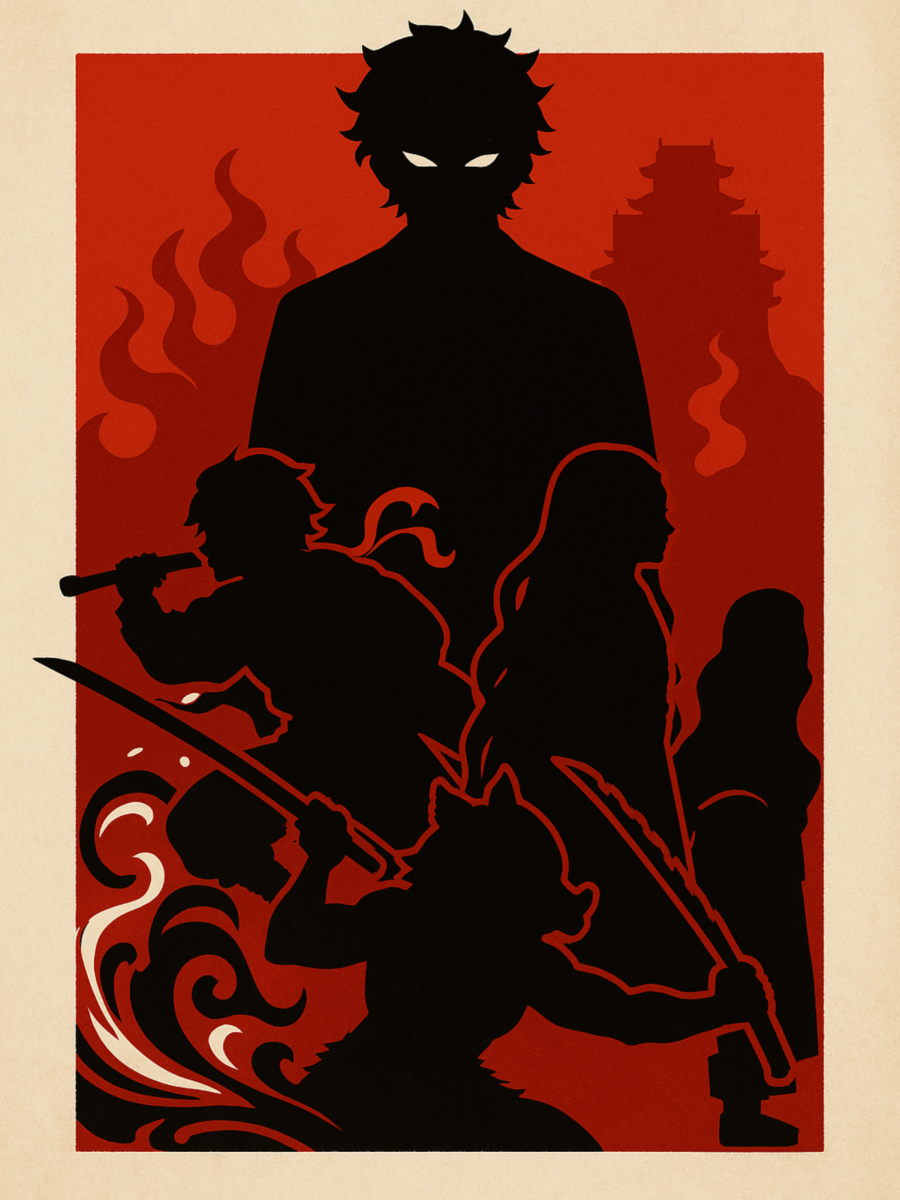“Joker: Folie à Deux” was both a fascinating commentary on idolization and hero worship and also a slog to get through. Both are true to my experience with this film. If nothing else, I commend director Todd Philips’ commitment to his vision and unwavering fealty to not adhering to audience expectations and choosing to go in his own direction. This is both a courtroom drama and a musical, but fails to be either well. In this instance, I don’t think he quite executed the vision, yet all the same, I want more big-budget films to undertake their own visions for storytelling and film as boldly as “Joker: Folie à Deux” does. If you were not a fan of the first film, you won’t enjoy the sequel, and as it turns out, fans of the first don’t enjoy it either. I would wait for this film to come home to streaming.
Back of the DVD Summary: Two years after Joker’s (Arthur Fleck’s) televised murder, Arthur finds himself locked up in the dreary, run-down Arkham Asylum awaiting his trial. He presumably hasn’t been the Joker since we last saw him on screen, instead, he plays the sad fool to the cruel guards of Arkham. Joaquin Phoenix reprises his role as Arthur Fleck and is joined by Lady Gaga’s Lee character who is an approximation of the classic Harley Quinn. After meeting in a music class, Lee begins to inflame Arthur’s ego and wants him to once again to become the Joker. The question then becomes as Arthur’s trial unfolds, does Lee love him for him, or for the Joker?
As I watched the film, I cannot say I was enjoying the experience, it dragged its feet at times, it had a relentless dour tone with few moments of levity and there’s a circular nature to the story that feels unsatisfying even if it makes sense for the character of Arthur. I would like to begin by getting into some positives before getting into what was not working.
Much like 2019s “Joker” the cinematography, the score and Phoenix’s performance all remain the most glowing elements of Folie à Deux, each element still creating incredibly vivid moments. The dream-like sequences or rather Arthur’s delusions are very well designed and created excellent shots themselves, some that could sit right next to any best frame from the previous. I also enjoyed taking Arthur’s fantasies from the first film and taking them that extra step further, with the director trying hard to tie the fantasy into the musical elements. I appreciate director Todd Phillips’ dedication to his vision. A vision of trying to further understand Arthur and the Joker by adding the musical elements and making the film a courtroom drama.
Per the ending of the last film, it left Arthur stuck in Arkham Asylum, leaving the audience wondering, where would the story go next? Logically his trial, but no one bought their ticket to see Arthur or Lee, they bought their ticket to see Joker and Harley Quinn, so the lack of either character I can see rubbing audiences the wrong way. Folie à Deux was more focused on Arthur than Joker, leading thematically to an inevitable conclusion. Yet, each element included to enhance the themes ends up detracting from the viewing experience. Only one musical set-piece ended up being successful because it mirrored events that had happened already, leading to us seeing the reality versus. what the fantasy was, and the music supported that idea.
Every other time there is a musical number it feels as though the story is being interrupted and the song is poorly articulating what easy words would have conveyed without disrupting the flow of the story. The courtroom drama itself too was hardly revieting or engaging because as the audience Arthur is so clearly guilty and for any other verdict to occur without outside help would be the biggest blunder of the story. The creatives traded the dreary, almost end-of-days dirty Gotham City for a generic asylum setting with little of the interesting set design of the first.
While Lady Gaga’s inclusion sparked a lot of excitement, especially because Folie à Deux was slated to be a musical, her character, Lee, ended up being a nothing character, whose motivations were obvious from the moment she arrived. At the conclusion of the film, Lee’s choice is unsurprising, whereas Arthur’s is surprising. To avoid spoilers I’ll refrain from saying what that is. Her character is not a character so much as a mouthpiece for the point: people only like Joker, not Arthur. A point each musical number and courtroom scene is dedicated to but fails to realize it effectively.
Ultimately, Folie à Deux was a disappointment. I loved “Joker” and was quite excited to see how the same creative team would continue the story, and the vision of a courtroom musical trying to understand Arthur is one they do not waver from. Unfortunately, the film for me has been far more interesting to think about than it was to watch. I went in ready to like this film but left with both an unpleasant viewing experience, and a fascinating piece of artistic work to chew on.







